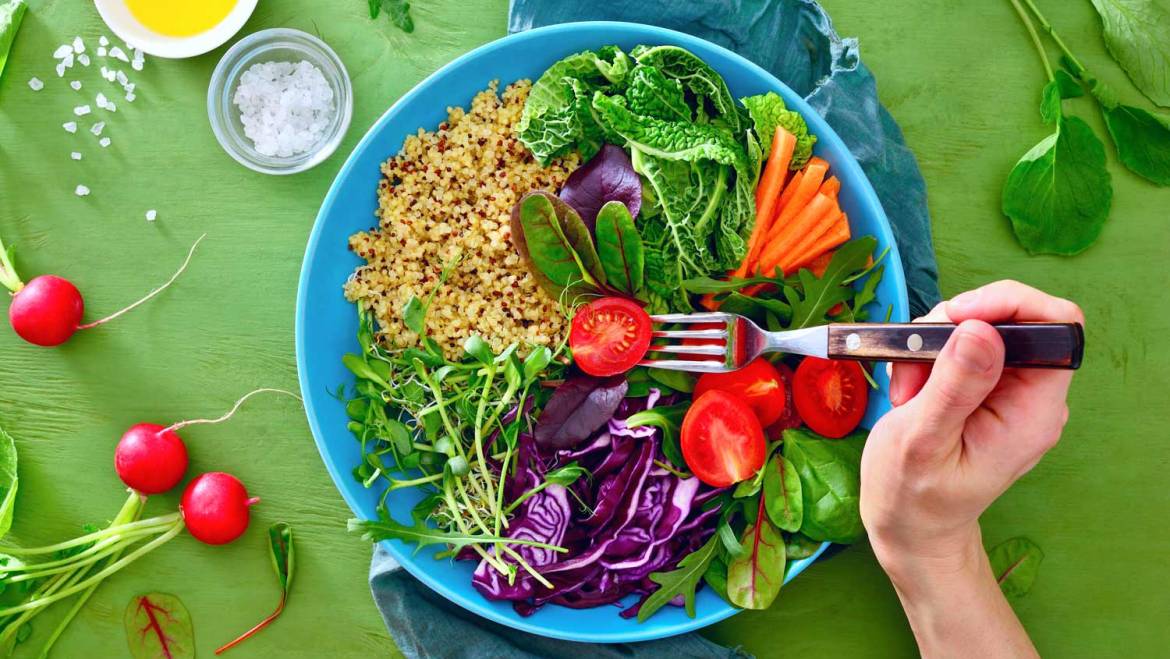HEALTHY FOODS FOR REPRODUCTIVE SYSTEM
A balanced and nutritious diet is essential for overall health, including the health of the reproductive system. Here are some key nutrients and foods that can support a healthy reproductive system:
- Folate: Found in green leafy vegetables, beans, lentils, and citrus fruits, folate is important for the development of healthy sperm and eggs.
- Omega-3 fatty acids: Found in fatty fish (such as salmon and mackerel), flaxseeds, chia seeds, and walnuts, omega-3 fatty acids support hormonal balance and can enhance fertility.
- Antioxidants: Foods rich in antioxidants help protect reproductive cells from damage caused by free radicals. Berries, nuts, seeds, and vegetables like spinach and kale are good sources.
- Zinc: Essential for male and female fertility, zinc is found in foods like lean meats, poultry, dairy products, nuts, and seeds.
- Vitamin D: This vitamin is crucial for reproductive health. Sun exposure, fatty fish, fortified dairy or plant-based milk, and egg yolks are good sources.
- Iron: Iron-rich foods like lean meats, beans, lentils, and dark leafy greens help prevent anemia, which can affect fertility.
- Calcium: Found in dairy products, leafy greens, and fortified plant-based milk, calcium is important for the health of the uterus and may support overall reproductive health.
- Whole grains: Foods like brown rice, quinoa, and whole wheat provide complex carbohydrates, fiber, and essential nutrients that support overall health, including reproductive health.
- Protein: Adequate protein intake from sources like lean meats, poultry, fish, beans, and legumes is important for overall health, including reproductive function.
- Water: Staying hydrated is crucial for general health, including the health of the reproductive system. Aim to drink plenty of water throughout the day.
It’s important to note that maintaining a healthy weight through a balanced diet and regular exercise is also beneficial for reproductive health. Additionally, it’s advisable to limit the intake of processed foods, sugary beverages, and excessive amounts of caffeine.
Before making significant changes to your diet or lifestyle, it’s always a good idea to consult with a healthcare professional or a registered dietitian, especially if you have specific health concerns or conditions related to reproductive health.



